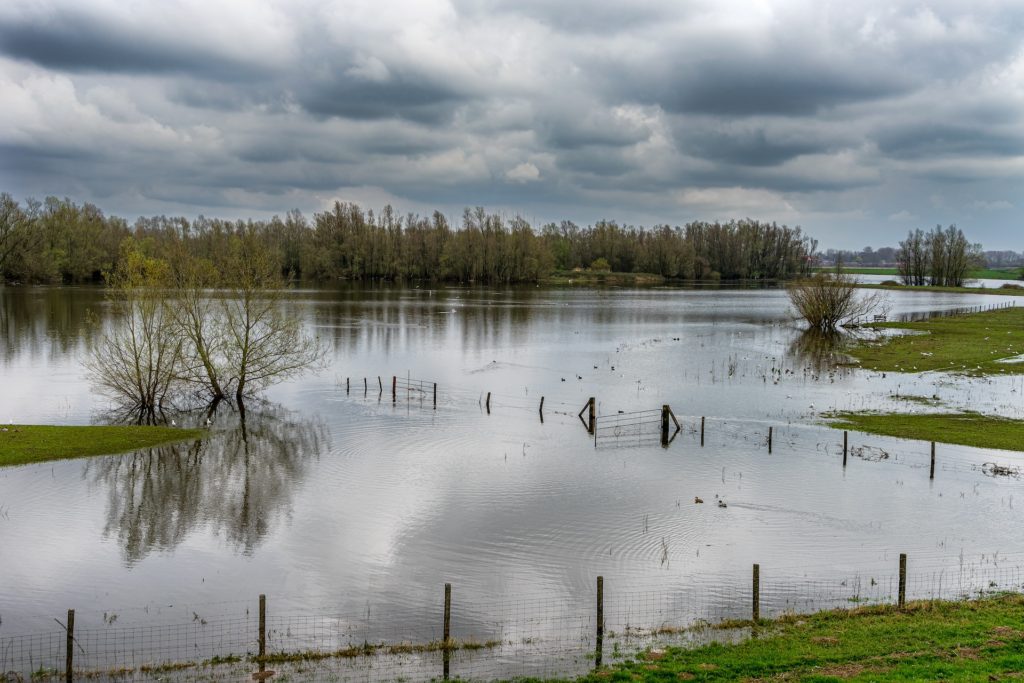On 14 December 2023, Bart van Engelen from TU Delft graduated on the DigiShape seedmoney project ‘Machine learning model for deviant ship behaviour’. He is the first to graduate on a DigiShape project!
Bart investigated how machine learning can be used to discover patterns of ship behaviour in AIS data. His original goal was to pinpoint near misses, but that turned out to be a bridge too far during the investigation. Nevertheless, an important foundation has been laid during his research and the next student will continue to build on his research with new emphases.
What did the research entail?

Bart, with the guidance of Lex de Boom of Witteveen+Bos and Solange van der Werff and Fedor Baart of Deltares and Mark van Koningsveld of TU Delft, among others, analysed a historical AIS dataset with data on inland vessels on a particular route. In this dataset, he was able to use machine learning to identify clusters of ship behaviour that show different types of behaviour. Think of sailing in the same direction, sailing at the same speed or taking the same underpass. Because you can see in the data which behaviour is normal, you can then also point out where ships have shown abnormal behaviour. For example, the data used included two cases in which many data points of a stationary ship were visible just in front of a bridge pillar, possibly an accident. “These situations have never been reported to the manager, so they don’t know what really happened. If you see many of these cases in a certain place in the data, this is an important warning signal for the manager,” says Bart. These types of models may also be used to measure the effectiveness of certain measures retroactively. Think of changing a maximum sailing speed or placing safety signs on the shore.
Benefit of machine learning
Because machine learning has been used, more insights have been gained faster than would have been the case without machine learning. “At the Schellingwouder Bridge, the algorithm was able to identify 20 deviating trips from 2200 trips,” Bart explains. “As a result, we only had to look at those particular trips and we were able to omit the other 2180 trips. That saves a lot of work.” In addition, the advantage of machine learning is that all the underlying data is preserved. “Deviant ship behaviour can take many forms. This can be sailing too fast, too close to a work of art, making a weird turn, you name it. Often something goes wrong prior to such a situation. With machine learning, you can identify different forms of deviant behavior and analyze the entire trajectory of a ship.”
Rubber duck debugging
Graduating is usually not easy and so Bart also encountered the necessary challenges. “I have been able to stare blindly at the code from time to time,” he says. “That cost me a lot of time and not always with the desired result. Sometimes you have to stop trying to fix something that is too far away. Or talk to someone about it. That’s how I discovered the term Rubber duck debugging, a commonly used term in software engineering. That means that, by explaining your problem well (even if it’s just to your rubber duck), you often get ideas of your own on how to solve it.”
We congratulate Bart and his supervisory committee with this great work!
More information
- Bart’s thesis in the TU Delft repository
- DigiShape seedmoney project Machine learning model for deviant ship behaviour





